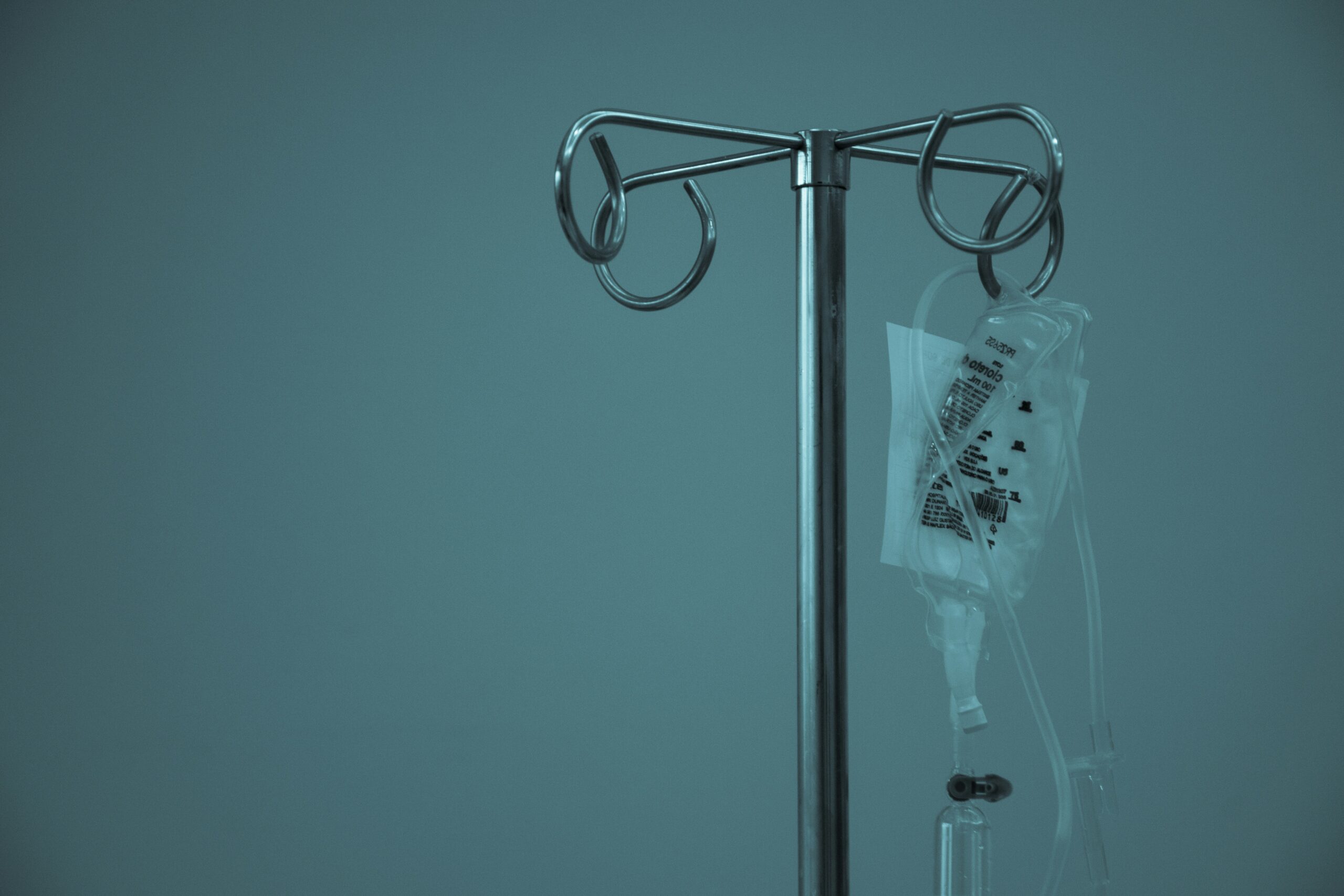
Bladder health is a crucial aspect of overall well-being that many people overlook. However, maintaining good bladder function is essential for living a comfortable and active life. The bladder is responsible for storing and expelling urine, and when it functions properly, it allows people to go about their daily activities without interruption. Unfortunately, various factors can impact bladder health, including aging, lifestyle choices, and medical conditions. Understanding how the bladder works, the common issues people face, and ways to prevent or manage bladder problems is key to maintaining long-term health.
How the Bladder Functions
The bladder is a muscular organ located in the lower abdomen. It holds urine until it is ready to be expelled from the body. It stores urine that the kidneys filter out, and when the bladder fills, nerve signals inform the brain that it’s time to urinate. The bladder then contracts, and urine is expelled through the urethra. This process is typically well-regulated, but several factors can affect bladder control and overall function.
The bladder’s capacity can vary from person to person, but on average, it can hold between 300 and 500 milliliters (about one to two cups) of urine. When the bladder reaches capacity, people feel the urge to go to the bathroom. If you have a healthy bladder, you can hold it for several hours before urinating. However, if the bladder is overfilled or weakened, it may lead to urgency, incontinence, or discomfort.
Common Bladder Issues
Bladder health problems can range from mild discomfort to severe conditions. Urinary incontinence, which is the involuntary leakage of urine, is one of the most common bladder problems, particularly among older adults. It can occur due to various reasons, such as weakened pelvic muscles, neurological disorders, or prostate issues in men. Another common issue is urinary tract infections (UTIs), which can cause pain, urgency, and frequent urination. These infections are often more prevalent in women due to anatomical differences but can affect anyone.
Overactive bladder (OAB) is another condition that affects many adults. This involves frequent and urgent urination, even when the bladder isn’t complete. People with OAB may find themselves waking up multiple times during the night or having accidents. Various factors, including age, medications, and certain medical conditions such as diabetes or neurological diseases, can cause this condition. It can significantly impact a person’s quality of life and require medical intervention for proper management.
Preventing Bladder Problems
Maintaining healthy bladder function is crucial for preventing issues down the line. Staying hydrated is one of the best ways to keep the bladder in good shape. Drinking plenty of water throughout the day helps flush out waste and toxins, reducing the risk of UTIs and kidney stones. However, it’s also important not to overdo it. Drinking excessive amounts of fluids can lead to overactive bladder symptoms.
Maintaining a healthy weight is also key for bladder health. Excess weight can put additional pressure on the bladder and pelvic floor muscles, leading to incontinence or other bladder issues. Regular exercise, particularly pelvic floor exercises, can strengthen the muscles that support the bladder and help prevent leaks. Kegel exercises, in particular, are recommended for both men and women to improve bladder control. Eating a balanced, fiber-rich diet is another good practice, as constipation can pressure the bladder and lead to urinary issues.
Seeking Medical Help for Bladder Health
If you’re experiencing bladder-related issues, it’s essential to seek medical advice. A healthcare professional can help identify the underlying cause of symptoms and recommend appropriate treatment. While some bladder problems are related to aging, many are treatable or manageable with lifestyle changes or medications. If you experience symptoms such as frequent urinary infections, blood in the urine, or persistent incontinence, you must see a doctor for evaluation.
Bladder problems can also be linked to more serious conditions, such as bladder cancer, so early detection and treatment are critical. For instance, persistent pain during urination, unusual urinary frequency, or changes in the color or smell of urine should not be ignored. Your doctor may recommend tests such as a urinalysis, ultrasound, or cystoscopy to determine the cause of the symptoms.
Lifestyle Modifications for Bladder Health
Along with staying hydrated, several lifestyle changes can help improve bladder function. Limiting caffeine and alcohol intake is essential, as both can irritate the bladder and worsen symptoms like urgency or frequent urination. Quitting smoking can also reduce the risk of bladder problems. Smoking weakens the pelvic muscles, leading to incontinence, and it is a significant risk factor for bladder cancer.
Regular physical activity is another way to support bladder health. Exercise helps maintain a healthy weight and strengthens the muscles that control bladder function. Both aerobic exercises and strength training can be beneficial. Additionally, practicing good bathroom habits, such as urinating when you feel the urge and not holding it for too long, can help prevent bladder issues.
By understanding how the bladder works and taking proactive steps to maintain its health, adults can reduce the risk of developing bladder problems and improve their quality of life. Recognizing the signs of bladder health issues and seeking treatment when necessary is essential for long-term wellness.